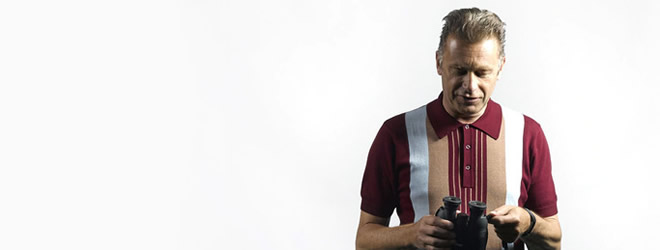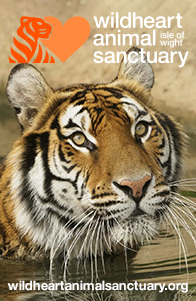Asperger’s And Me – Thank you
October 24, 2017Thank you.
The response has been both phenomenal and overwhelming. I wish I had the time to answer each and every tweet and posting but it’s Autumnwatch season so please accept this message as that personal reply.
I think that if you have been afforded a voice, however small, then you should use it to instigate positive change. It’s not an option – it’s a duty, and to forfeit that duty, to keep life easy, to not rock the boat, to play safe, is simply unforgivable, immoral, untenable. Thus I really didn’t have a choice but to speak up about autism, for autistic people.
Talking frankly about the negative aspects, past and present, was not as difficult as many imagine. It’s what I, we, do. We like and need the truth and we don’t shy away from saying it. Sometimes this gets us into trouble, personally . . . and professionally. But for this unique opportunity to work, to open my world to others so they could try to see, hear, smell and feel it, absolute honesty was obligatory. Some of it hurt, revisiting the grave of my Kestrel wasn’t easy, it opened doors that I try to keep shut, but to fully expose the gravity of that love, its loss and its lifelong impact . . . Well, many, many people have kindly voiced their respect for this honesty – thank you.
What was more difficult was positioning myself to represent the autistic community. Because it’s impossible. I am not a typical autistic person – because there isn’t a typical autistic person. Amongst this community I am probably in a better position than others, those with more extreme or debilitating aspects of the condition. Whilst we may share traits, we have very different needs so I wanted to be clear and candid about this too. The acceptance of this sensitive dilemma by healthcare professionals and the autistic tribe was very reassuring – thank you.
What I also needed to display was our vulnerability. Not just my own, but that of most autistic people and their families. When things get dark we get desperate for solutions and interventions that have not yet been clinically proven to work, are obviously there and may be tempting. Understandably there are enormous pressures to try and fix things and trying to somehow ‘normalise’ ourselves or get ‘normalised’ can seem like the best solution. From my personal perspective I think this is wrong, and that at this point in time it’s impossible. Of course there are therapies that can help – but none that can cure autism. And that was the big question I chose to ask myself and the world . . . if we could, should we ‘cure’ autism.
(It won’t surprise you know that I have absolutely no time at all for hypothetical questions, but for the purpose of stimulating debate we tabled this one.) Postulating such a solution produced some shocking results and an important concluding message . . . No. Emphatically – no.
And that’s the message that I wanted to land to parents, friends, colleagues and a large number of isolated, unhappy, confused children, teenagers and adults. We don’t need a cure, there is nothing wrong with us – we are different. And that difference has enormous biological and social importance. Many of us have skills to invent solutions, produce art and science to benefit all and to receive these gifts all we need in return is understanding, tolerance and acceptance. For all autistic people it mustn’t any longer be about what we can’t do, it’s got to be about what we can do. And it appears from your thousands of responses that I hit the mark – thank you. Thank you a lot.
Now, one last and very important thing. The above is all me and I. And I don’t like that because it’s not all about me at all. This programme was made by Charlie Russell and he is brilliant. It was produced by Lizzie Kempton, equally superb. RAW TV did a great job and none of it would have happened without the vision and faith of Tom MacDonald and Abigail Priddle at the BBC. These people deserve more praise than I do . . . all I did was go on, and on, and on about birds, battles, art, cars . . . more birds . . . aeroplanes . . . books . . .
Chris
PS I’m very pleased to now be acting as a patron for the National Autistic Society.
PPS Scratchy is well. His treatment for liver disease is working.
PPPS Megan has yet to graduate. I have taken on board your comments and the University of Liverpool are trying to tempt me with poodles and pangolins. But . . . it’s just a piece of paper . . .







